Our materials
100% NATURAL, 0% CHEMICAL
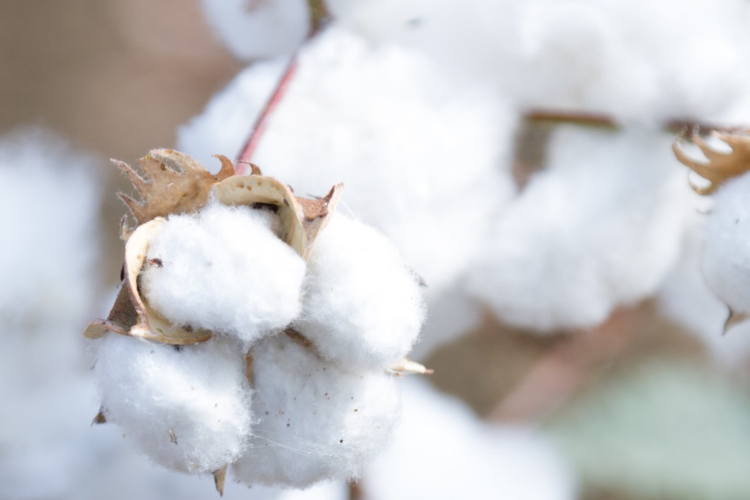
Cotton
Cotton is a versatile, natural fiber that is characterized by its pleasant softness and high breathability. We mainly use organic cotton from certified, organic farming. The use of synthetic fertilizers and pesticides as well as genetic engineering is avoided. Instead, organic cotton farming is based on crop rotation, natural fertilizers, biological pest control and is characterized by significantly lower water consumption.
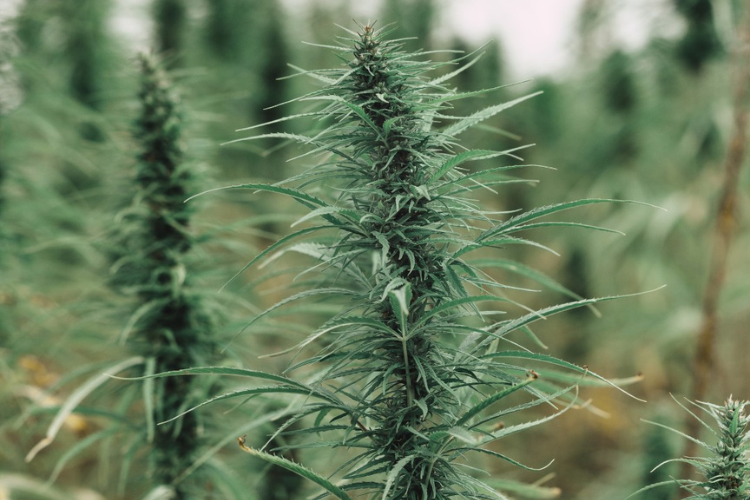
hemp
Hemp is an extremely robust and environmentally friendly natural fiber that grows quickly and requires few resources. The fiber is characterized by its strength, durability and antibacterial properties. It looks and feels very similar to linen, but gives less when worn. It also uses significantly less water than cotton and is the only plant fiber that has the same odor and moisture-absorbing properties as animal fibers (e.g. silk or wool).
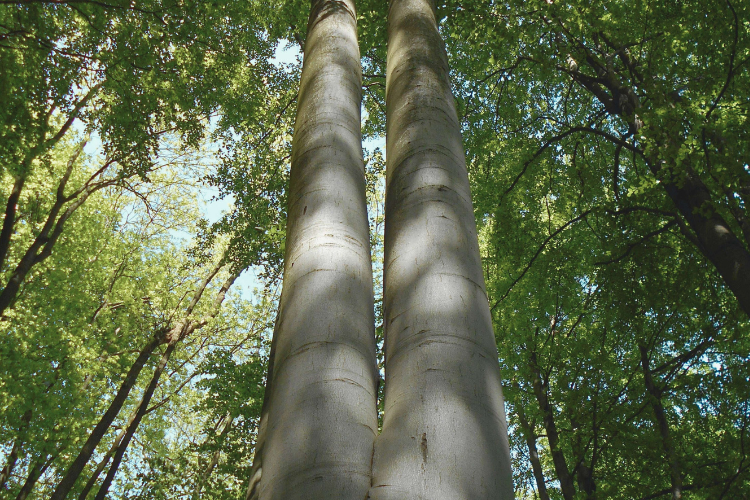
Modal / Tencel
Modal and Tencel are modern, sustainable cellulose fibers made from wood. They are characterized by their special softness, high breathability and good moisture absorption. Compared to cotton, these fibers require less water and chemicals in production, which makes them environmentally friendly alternatives in the textile industry. Due to their flowing and soft texture, these fabrics are ideal for blouses, skirts or dresses.
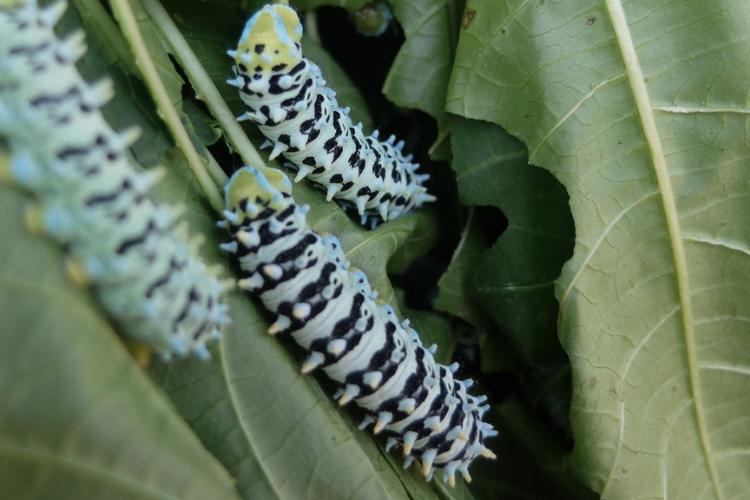
peace silk
Silk, obtained from silkworm cocoons, impresses with its luxurious shine, softness and excellent temperature regulation. It is light, strong and hypoallergenic. The silk we use is known as peace silk because the caterpillars are not boiled as in the conventional process, but are released from the cocoons before the silk is processed. This gives it a rather atypical, rough structure, although the material properties remain the same as conventional silk.
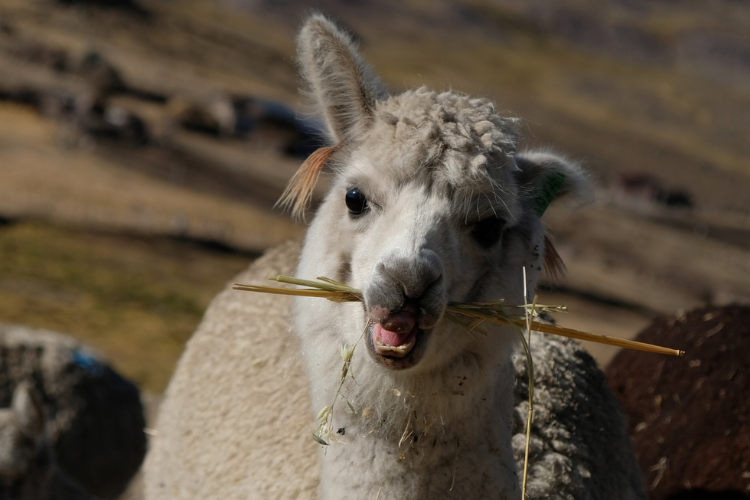
alpaca wool
Wool, which we only use from alpacas, is characterized by its warming properties, natural elasticity and moisture regulation. Alpaca wool is also less susceptible to pilling than, for example, merino wool due to its long fibers. Alpacas live freely in their natural habitat, the Peruvian Andes. They have been an integral part of the ecosystem there for thousands of years and are gently sheared only every two years. Fun fact: The term baby alpaca wool, which you will often find here, does not refer to the age of the animals, but to the particularly soft undercoat of the adult alpacas.
WHAT DOES ORGANIC COTTON MEAN IN OUR CASE?
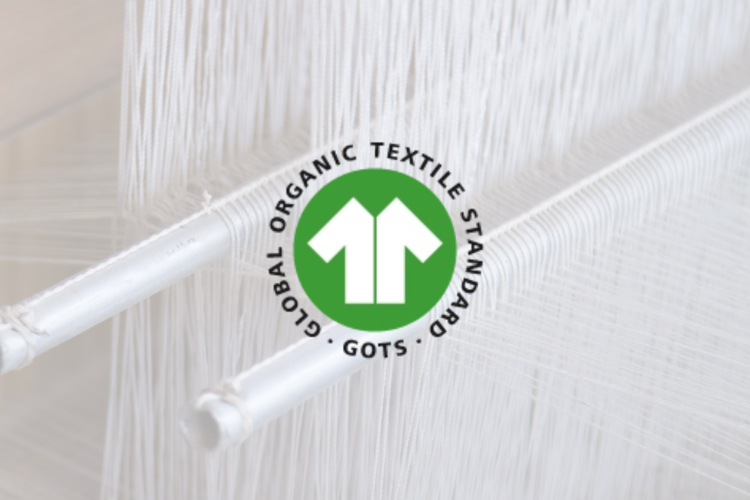
GOTS certificate
The majority of our partners work with GOTS-certified yarns. The GOTS certificate is very important to us because it is very difficult to trace the origin and cultivation methods after the cotton has been spun into yarn. By using GOTS-certified yarns, we can ensure that workers in cotton farming receive fair prices and that no environmentally harmful chemicals are used. A particular challenge at the moment is to provide smaller weaving mills with access to certified yarn, as they are often unable to meet the high minimum purchase quantities. We are therefore particularly proud that some of our partners have been able to reach the minimum quantities through our collaboration and thus switch to GOTS-certified cotton.
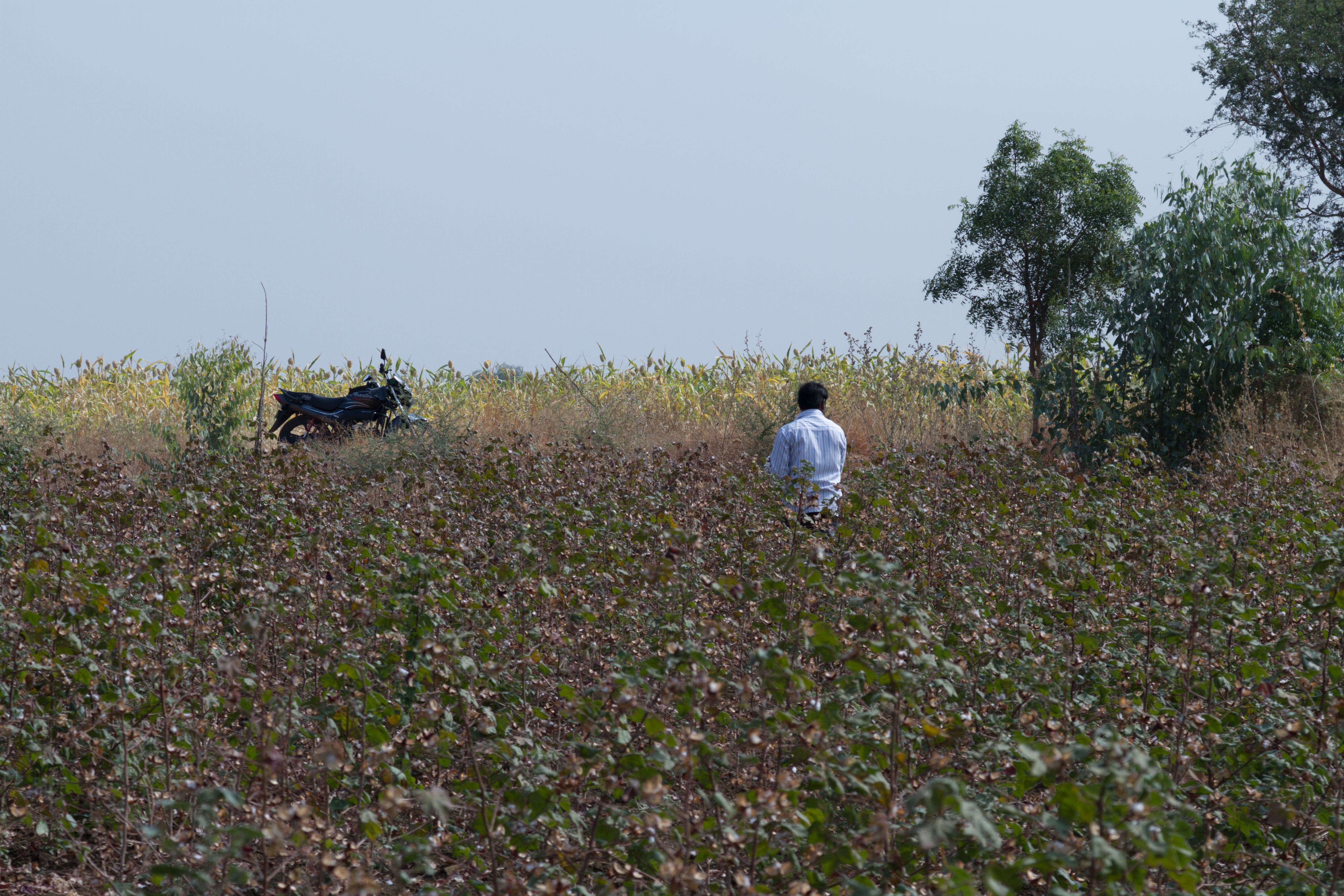
Kala Cotton - India's own cotton
Some of our very small partner weaving mills use so-called Kala cotton from the West Indies instead of GOTS-certified cotton - one of the few genetically pure types of cotton that still exist today. Kala cotton is only irrigated by rain, is extremely drought-resistant and is grown using traditional techniques without pesticides or synthetic fertilizers. The yarn is spun by hand, treated only with potato or rice starch and then woven by hand.
As you can imagine, it is difficult to keep such a complex process alive and to market it. However, local actors from cotton farming and weaving initiatives are committed to the fiber and its traditional processing method. We are big supporters of this technology and are therefore very proud to be able to support it.
More beautiful with each passing year...
»Just like wine, every natural fiber and fabric softens over time, through the influence of moisture, heat and other natural factors. Because cotton yarns are starched to make them easier to work with, fresh cotton fabrics are always a little stiffer than older ones. With each wash, the starch gradually dissolves, opening up the cotton fibers and giving the overall feel smoother.
Kala cotton fabrics soften relatively quickly because they are not industrially starched. They are only treated with potato or rice starch and the starch dissolves after one or two washes.«
- Sidhant, our fabric supplier and designer of the label SEDHANTIK

